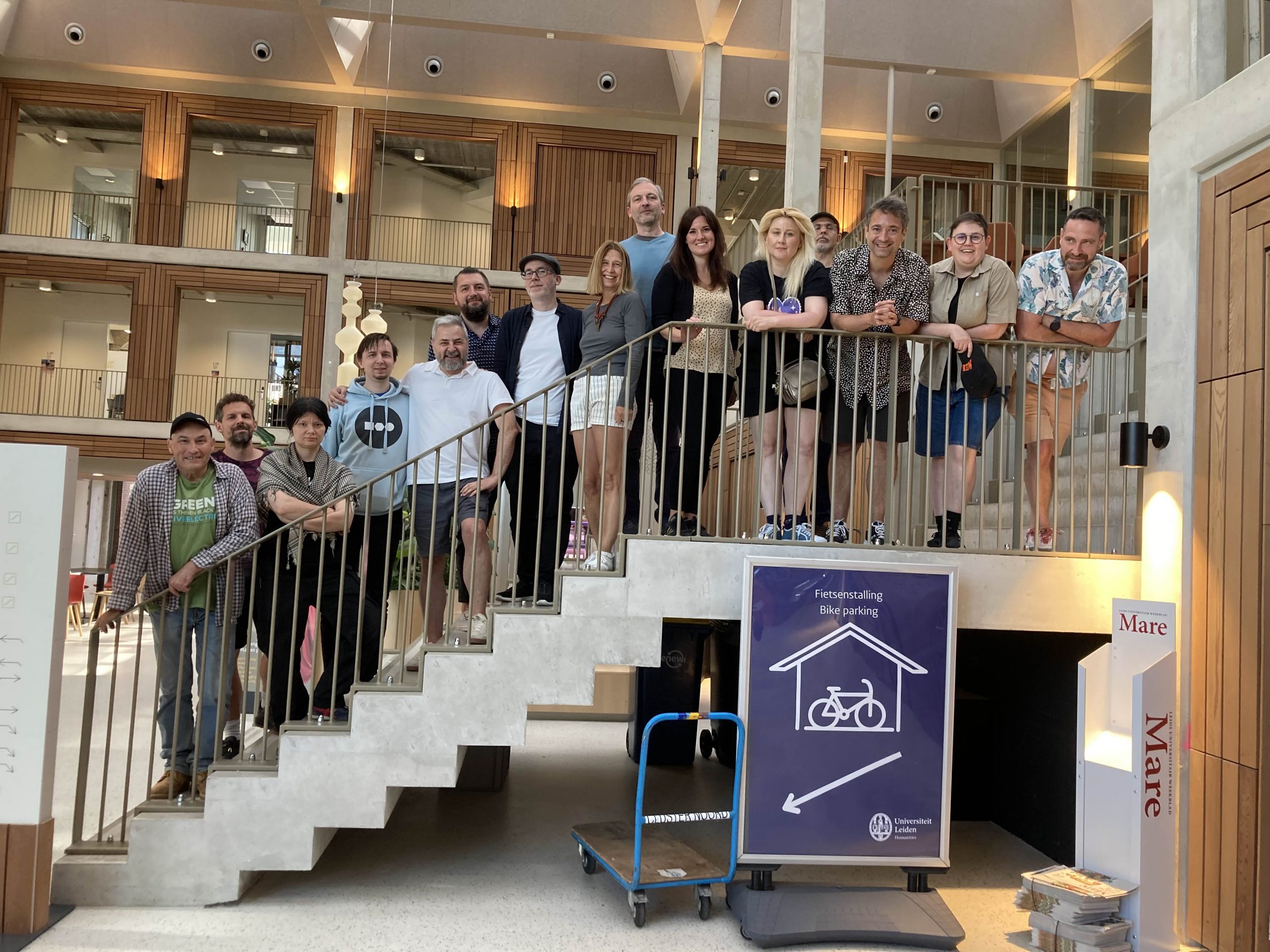The GRADE Core Group will convene on the 19th and 20th of June at the Leiden Institute for Area Studies (LIAS) for a two-day workshop that will mark a significant milestone in the development of the Action. The event will bring together key members of the network to assess progress to date and to shape the final phase of GRADE’s activities under Grant Period 4 (GP4). It will also bring together working group 2 and 3 members to work on associated deliverables for GP3 and GP4.
Click here to download the pratical information guide for visiting Leiden.
Link for online participants:
WG2: https://us02web.zoom.us/meeting/register/aUVkpMEhTxmLjEj5q7p0TA
Passcode: 452738
WG3: https://us02web.zoom.us/meeting/register/BsI4s8tqQiuQEu4lRTB0gw
Passcode: 423724
Workshop Program
———————————————
DAY 1: THURSDAY, JUNE 19
———————————————
09:45 – 10:00 | Registration and Opening Remarks (Herta Mohr 1.80)
10:00 – 12:00 | Core Group Meeting: GP3 Review and GP4 Planning (Herta Mohr 1.78)
10:00 – 12:00 | Crypto Party (Herta Mohr 1.80)
12:00 – 13:30 | Lunch
13:30 – 15:00 | WG2 Jernej Kaluža and others: Status quo of the White Paper on grassroots activism and privacy issues in creative computing (Herta Mohr 1.78)
13:30 – 15:00 | WG3 Laurynas Marčiulaitis, Mirosław Filiciak, Maryja Šupa: East-West media transfers: review of collected materials for the hybrid exhibition (Herta Mohr 1.80)
15:00 – 15:30 | Coffee Break
15:30 – 17:00 | WG2 Regina Seiwald and Carlos Cunha: Digital Rights from the Ground Up: Case Studies in Privacy Activism (Herta Mohr 1.78)
15:30 – 17:00 | WG3 Maria Garda and Mirosław Filiciak: hands on workshop on policy papers about existing and best practices in creative computing heritage preservation (Herta Mohr 1.80)
19:30 | Group Dinner (Pakhuis)
———————————————-
DAY 2: FRIDAY, JUNE 20
———————————————-
09:45 – 10:00 | Registration and Morning Coffee (Herta Mohr 1.80)
10:00 – 12:00 | WG 2 Sašo Josimovski – “Ethics and Technological Innovation in Grassroots Privacy Movements: Reimagining Digital Rights through Participatory Technologies” (Herta Mohr 1.78)
10:00 – 12:00 | WG 3 Laurynas Marčiulaitis, Mirosław Filiciak, Maryja Šupa: East-West media transfers: hands-on workshop about physical and digital architecture for the hybrid exhibition (Herta Mohr 1.80)
12:00 – 13:30 | Lunch
13:30 – 15:00 | WG 2 Ivo Furman “Forgetting by Design: Machine Unlearning and the Future of Data Privacy” + SANDRA BECKER – Privacy Issues as a Wikipedia Contributor (Herta Mohr 1.78)
13:30 – 15:00 | WG 3 Maria Garda and Mirosław Filiciak: hands on workshop on policy papers about existing and best practices in creative computing heritage preservation (Herta Mohr 1.80)
15:00 – 15:30 | Coffee Break
15:30 – 16:30 | WG2 Closing session, further work plans etc. (Herta Mohr 1.78)
15:30 – 16:30 | WG3 Kieran Nolan, Riccardo Fassone: Horizon application status update and current tasks (Herta Mohr 1.80)
17:30- | Picnic on Het Plantsoen (https://maps.app.goo.gl/NPjrGijxQ8CHVPddA)

